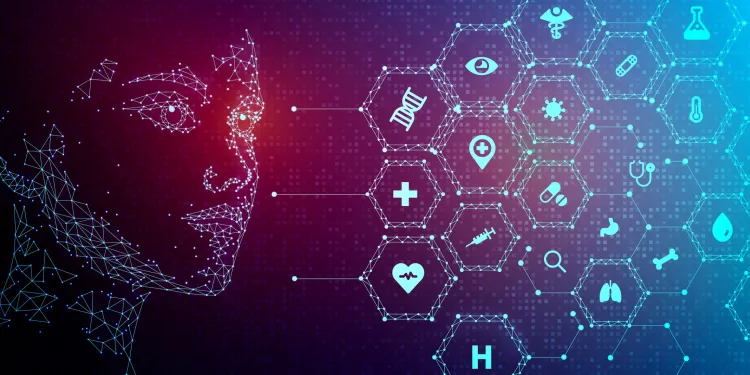Recently, there have been many issues related to academic misconduct,...
Read More



Oracle is moving to bring generative AI to healthcare. Today at its annual health conference in Las Vegas, Oracle, led by Larry Ellison, announced that it will integrate its AI-powered Clinical Digital Assistant into its EHR (electronic health record) solution to help caregivers automate certain administrative tasks in their workflow and focus on what matters most.
The company announced that it will help caregivers automate certain administrative tasks in their workflow so they can focus on what matters most: the quality of patient care. While this announcement comes at a time when companies across all sectors are scrambling to adopt generative AI, healthcare organizations continue to move at their own steady pace. According to a recent GE Healthcare survey, one of the biggest reasons for slow adoption is a lack of trust in generative AI technology.
Oracle could address some of these concerns by introducing its own AI assistant, a problem that is expected to worsen in the coming years with a projected shortage of 18 million workers by 2030. It could also provide patients with a self-service experience.
EHR solutions connect data from a variety of touchpoints to improve the care delivery process, from reviewing a patient’s previous treatment to prescribing medications. However, current EHRs require clinicians to interact with the system, which is time consuming and compromises the care delivery experience that patients expect. Oracle’s EHR solution provides caregivers with a multimodal helper through a new generative Clinical Digital Assistant powered by AI.
This way, during a consultation, clinicians no longer need to interact with a screen to find the information they need. They can simply call on the assistant to handle routine tasks such as asking for the latest MRI scan or a prescription. According to Oracle, when the assistant is called upon, it searches its database for the necessary elements and provides all information, from images to documents, in the relevant order. In addition, it remains active during the consultation and uses generative AI to handle administrative tasks such as taking notes of the conversation, as well as suggesting context-aware next actions, such as ordering medication or scheduling tests and follow-up appointments.
The whole thing runs on Oracle’s extensive digital assistant platform, which is designed to help companies create chat and voice-based conversational experiences for business applications. The platform is already in use by several companies, including FedEx, Echo, Exelon, Equity Residential, and Razer. “By implementing comprehensive generative AI and voice-first capabilities into Oracle’s EHR platform, healthcare providers will not only reduce the drudgery that leads to burnout, but also enable better interactions with patients that build trust, increase loyalty, and drive better outcomes. We are excited to be working with Oracle Health,” Suhas Uliyar, senior vice president of product management at Oracle Health, said in a statement.
Clinical digital assistants not only improve clinicians’ workflow, but also help them schedule patient appointments, pay bills, and more. It is similar to the way consumers interact with popular large-scale language models (LLMs) such as OpenAI’s ChatGPT and Anthropic’s Claude 2. Meanwhile, healthcare providers can link this to a secure portal to provide useful information, such as sending reminders to bring a lab report to their next appointment.
Currently, only some of these features are being rolled out. However, the company anticipates a full rollout in the next 12 months. The move is the latest stepping stone in Oracle’s massive generative AI effort. The company earlier announced generative AI capabilities for Fusion Cloud Human Capital Management (HCM), making it easier for companies to handle HR tasks such as creating job descriptions and employee surveys. During its Q4 earnings call, Ellison also confirmed that it is developing a new cloud service with Toronto-based Cohere to make it easier for companies to train their own customized LLMs.
Recently, there have been many issues related to academic misconduct,...
Read MorePrihardanu et al. (2021) analyzed survey data related to indoor...
Read MoreBigBear.ai is a company at the forefront of leveraging artificial...
Read More